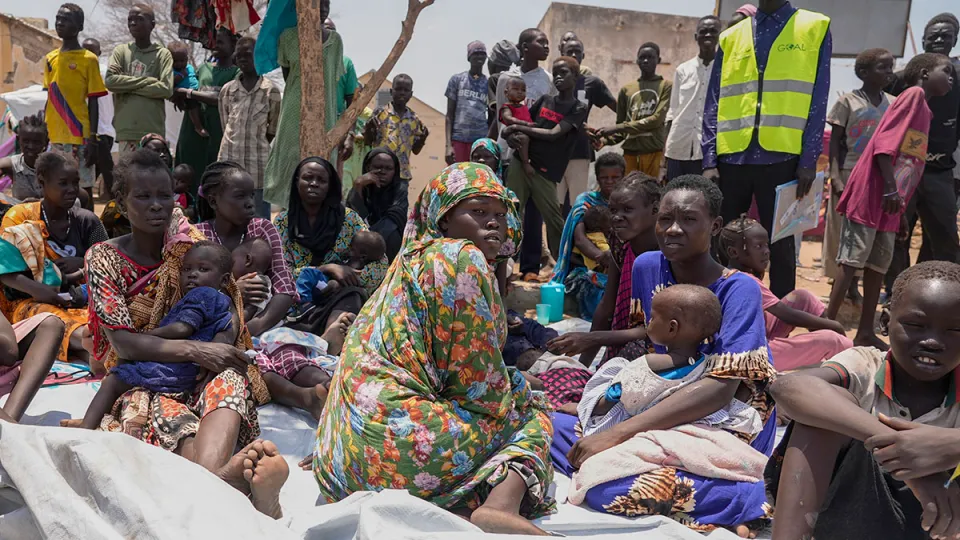
Port Sudan, a Sudanese coastal city under the control of the army has not been affected by the fighting unfolding to the west, but its healthcare infrastructure is on the brink of collapse due to frequent power outages, limited resources, and a scarcity of supplies.
And with the army’s mismanagement worsening the situation and shortage of medical personnel compounded by ongoing strikes by doctors, the outlook for the coastal city’s health system does not look positive.
Medical professionals including doctors and nurses in the Red Sea city report that they have gone unpaid for a span of four months as the Sudanese government’s budget is severely depleted due to the ongoing conflict between the army and Rapid Support Forces (RSF).
“It is exhausting, there are many patients and there’s a lot of suffering,” said Omar al-Saeed, a striking nurse at Port Sudan teaching hospital.
“We only demand they just pay people something small so that they can keep going.”
Tensions between army and RSF escalated into open conflict on April 15 due to disagreements concerning a proposed transition to civilian governance.
As per the United Nations, over 100,000 individuals have sought refuge in Port Sudan, further straining the city’s already congested hospitals and shelters. The conflict’s focal points are centered in Khartoum and the western regions of the country.
Martin Griffiths, the United Nations aid leader, cautioned that the ongoing war was exacerbating an immense humanitarian crisis in Sudan, leading to the escalation of various diseases such as malaria, measles, and dengue fever.
Sudanese hospitals have grappled with chronic underfunding, and medical personnel strikes have been a recurring issue as the ongoing war, which has inflicted damage on numerous hospitals in conflict zones, has pushed the healthcare system to a breaking point.
The Sudanese army reportedly spends huge sums in attempts to buy loyalties of the various ethnic tribes in the country’s western and southern regions. These purchases have not resulted in battlefield gains.
Medical professionals in Port Sudan have had to contend with challenges like power disruptions, high humidity, and scarcities of medication. Hospital officials report that patients, many of whom suffer from respiratory ailments, are being housed in close quarters.
“We are in a crisis, we pray that God eases it on us,” says Ayat Mohamed, supervisor at Dar Abnaa Al-Shamal medical centre, which is dealing with overflow from hospitals with striking staff.
